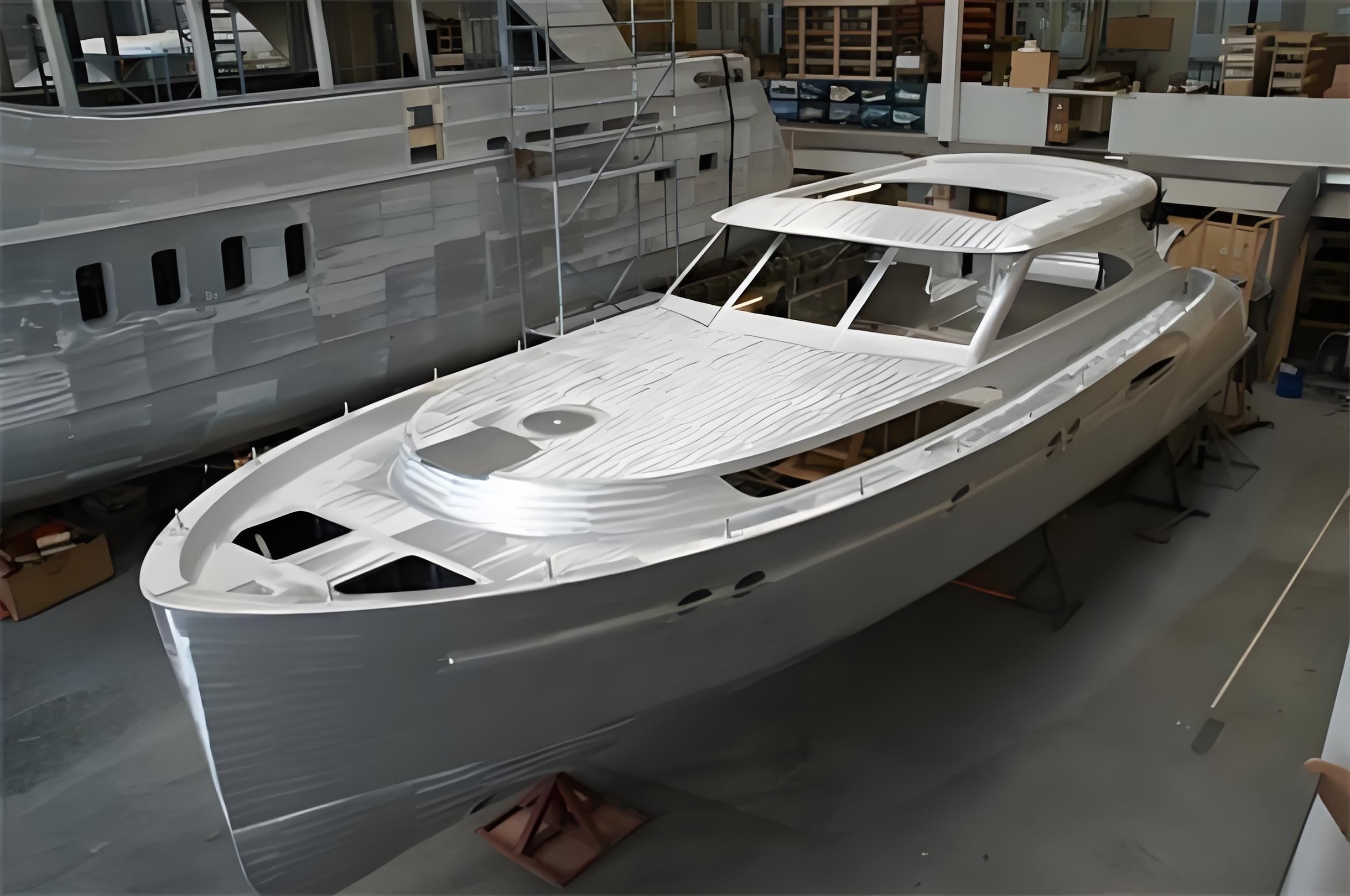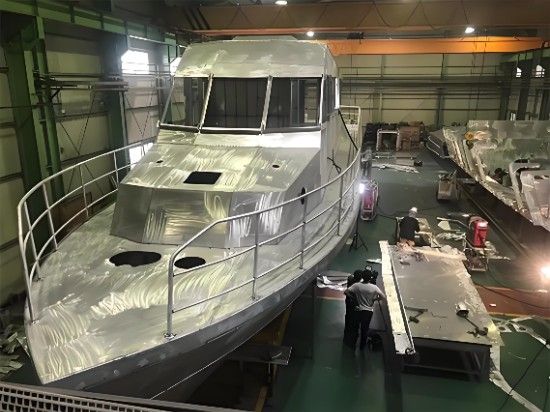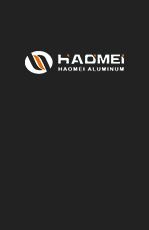Best Aluminum For Boat Hull
In shipbuilding, the selection of aluminum alloys needs to comprehensively consider core requirements such as seawater corrosion resistance, mechanical strength, welding performance, and lightweight. At present, the best aluminum for boat hulls are mainly 5xxx series (Al-Mg series) and 6xxx series (Al-Mg-Si series) alloys, among which 5083, 5086, 5456, 6061 and other grades are the most typical.

5000 series aluminum alloy (aluminum-magnesium alloy, non-heat-treatable strengthening)
5000 series is the "main force" of hull manufacturing, and typical grades include 5083, 5086, 5454, etc. It is the preferred material for small and medium-sized boats and ships (such as yachts, high-speed boats, work boats, military auxiliary ships, etc.).
1. 5083: The most widely used aluminum for boat hull
- Composition: 5083 aluminum contains about 4.0-4.9% magnesium and a small amount of manganese (0.4-1.0%), which can further improve corrosion resistance and strength.
- Advantages:
Excellent seawater corrosion resistance: The addition of magnesium makes the alloy form a dense oxide film, which can effectively resist pitting and crevice corrosion in seawater, and is especially suitable for long-term immersion in seawater environment.
Moderate and balanced strength: The tensile strength is about 300-350MPa, and the yield strength is about 200-280MPa, which is enough to meet the requirements of the hull structure for load-bearing and impact resistance (such as resisting wave impact).
Excellent welding performance: Good mechanical properties can be maintained without complex heat treatment after welding, and the corrosion resistance of the weld area is almost unaffected, which can ensure the integrity and safety of the hull structure.
Excellent processability: Easy to cold process and form, suitable for the manufacture of complex hull curved surfaces.
2. 5086 aluminum:
The performance is close to 5083 aluminum, the magnesium content is slightly lower (3.5-4.5%), the strength is slightly lower than 5083, but the plasticity and weldability are better, and it is often used for curved surface parts of the hull (such as hull plates) or structures with higher requirements for formability.
3. 5454 aluminum:
Contains about 2.4-3.0% magnesium, and also contains a small amount of silicon and manganese. Its seawater corrosion resistance is slightly better than aluminum 5083, and it has better low-temperature toughness. It is suitable for use in cold waters (such as polar ships) or in scenes with extremely high corrosion resistance requirements (such as chemical tankers).
6000 series aluminum alloys (Al-Mg-Si series, heat-treated and strengthened)
The strength of 6000 series aluminum alloys (such as 6061 and 6082) is higher than that of 5000 series, but the corrosion resistance is slightly inferior. Therefore, it is mainly used for non-submerged structures of the hull (such as superstructures, deck frames, cabin partitions, etc.), rather than the main body of the hull.
- Advantages: The strength can be significantly improved by heat treatment (T6 state) (tensile strength of 310-410MPa), which is suitable for parts with higher loads; it has good processing formability and can meet the needs of complex structural design.
- Typical grades:
6061 aluminum: used for superstructures (portholes, masts, partitions), taking into account both strength and processing properties.
6063: Good extrusion formability, suitable for manufacturing profiles (such as gangways, pipe supports).

Why aluminum are used for boat hull making?
- Seawater corrosion resistance is a prerequisite:
The magnesium element in the 5000 series aluminum alloy can form a stable oxide film, which has strong resistance to pitting and crevice corrosion of seawater (containing chloride ions), far superior to steel (frequent anti-corrosion treatment is required) and other aluminum alloys (such as 2000 series and 7000 series with poor corrosion resistance).
- Balance of strength and safety:
The strength of the 5000 series aluminum alloy is sufficient to withstand the wave impact, deadweight and load during the voyage of the ship, and the performance degradation after welding is small, ensuring the integrity of the structure.
- Significant lightweight advantages:
The density of aluminum alloy is only 1/3 of that of steel, which can reduce the deadweight of the hull, increase the speed, reduce fuel consumption, or increase the cargo capacity (especially important for commercial ships).
- High process adaptability:
The 5000 series aluminum alloy has excellent welding performance (TIG and MIG welding can be used), and has good cold processing and formability, which is suitable for mass production or personalized hull manufacturing (such as yachts).
Material selection for different hull parts
1. Main hull structure (critical load-bearing area)
Preferred 5083/5086: high corrosion resistance + weldability + impact resistance, such as destroyer bottom and patrol boat keel. For example, China's 022 missile boat uses 5083 aluminum alloy throughout the ship, reducing weight by more than 20%.
Welding requirements: argon arc welding process is required, and the weld X-ray inspection pass rate is ≥95%.
2. Superstructure (weight reduction priority area)
Combination use:
Load-bearing frame: 5083 aluminum plate (such as aircraft carrier elevator).
Non-load-bearing parts: 6061/6063 aluminum profiles (such as portholes, chimneys), using their easy extrusion molding characteristics.
3. High-speed/special ships
5456-H116: high yield strength (>300MPa) and wave impact resistance, used for speedboats and passenger ships.
Weight reduction benefits: Aluminum alloy hulls are 15%~20% lighter than steel hulls, with a 10%~15% increase in speed and 10% fuel savings.
In summary, 5000 series aluminum-magnesium alloys (represented by 5083) are the first choice for boat hull manufacturing, while 6000 series are used as auxiliary for non-submerged high-strength components. Together, they meet the comprehensive performance requirements of boats.








